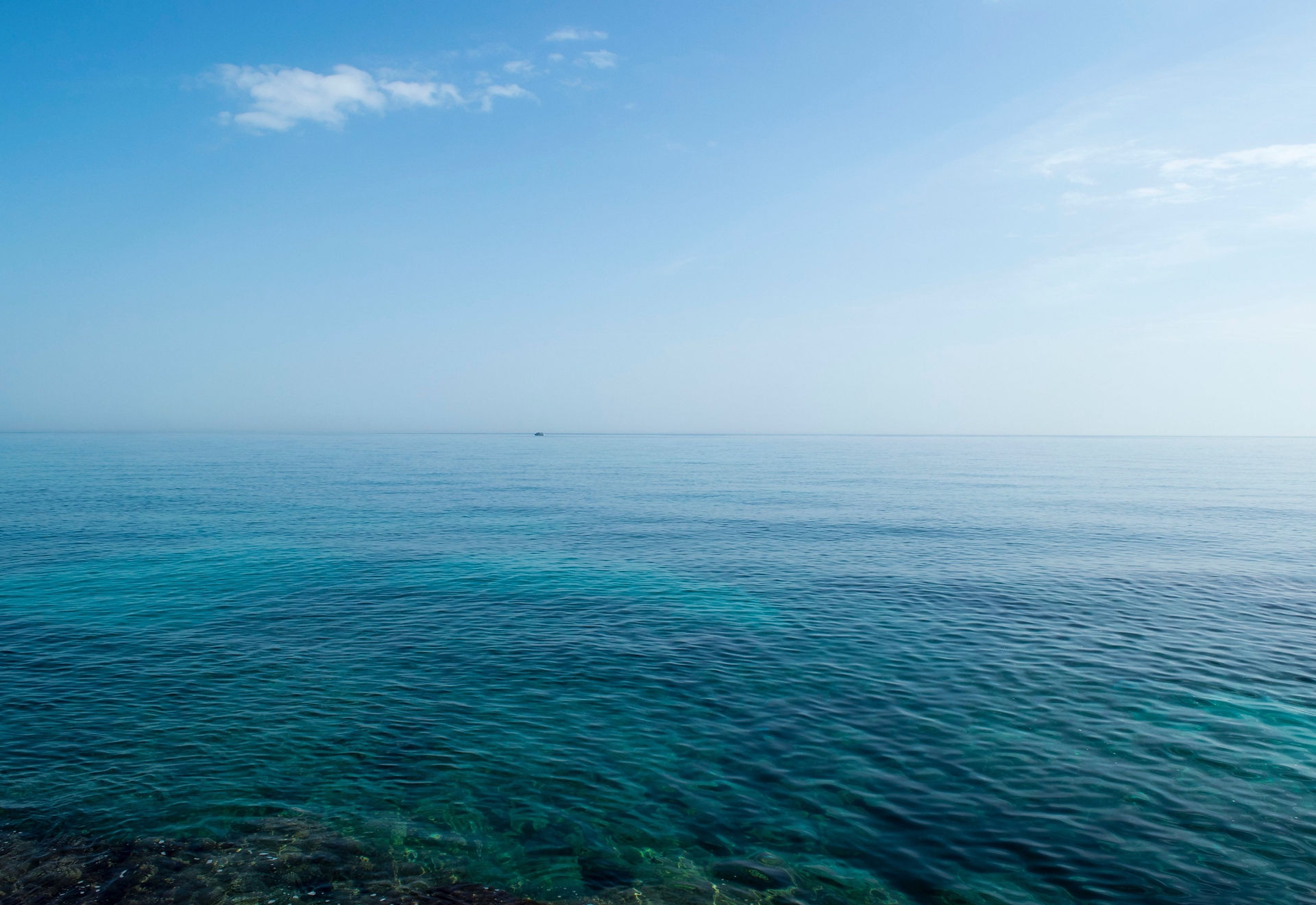
GDPR
The GDPR law is created by the EU and contains mandatory rules on how organizations and companies should use personal data in a privacy-friendly way. To read more about the GDPR legislation, visit the GDPR Summary website HERE.
Due to the fact that a GPS coordinate can constitute personal data, we have contacted a corporate lawyer and a data protection officer who have helped ensure that Ocean Sentinel complies with the GDPR law.
Personal data is any information that can directly or indirectly identify a living person. This can include names, registration numbers, and, as mentioned, a GPS coordinate that reveals a person's location. In our case, there are few instances where the data actually constitutes personal data. Some examples are when the boat with the sensor is in private waters or docked at a private pier that can clearly be linked to a private property. If it were to be considered personal data, it is important to know who is responsible for the data, which is Ocean Sentinel. Therefore, we at Ocean Sentinel become data controllers and must ensure the protection of the data. Additionally, a legitimate purpose is required, which we have. Furthermore, a legal basis that involves balancing interests is necessary. The person's (whose personal data it is) interest in not wanting the data to be processed is weighed against Ocean Sentinel's interest. Ocean Sentinel's interest will always outweigh the person's interest and therefore prevail. In summary, the data collection will never violate the GDPR law according to the General Data Protection Regulation.
